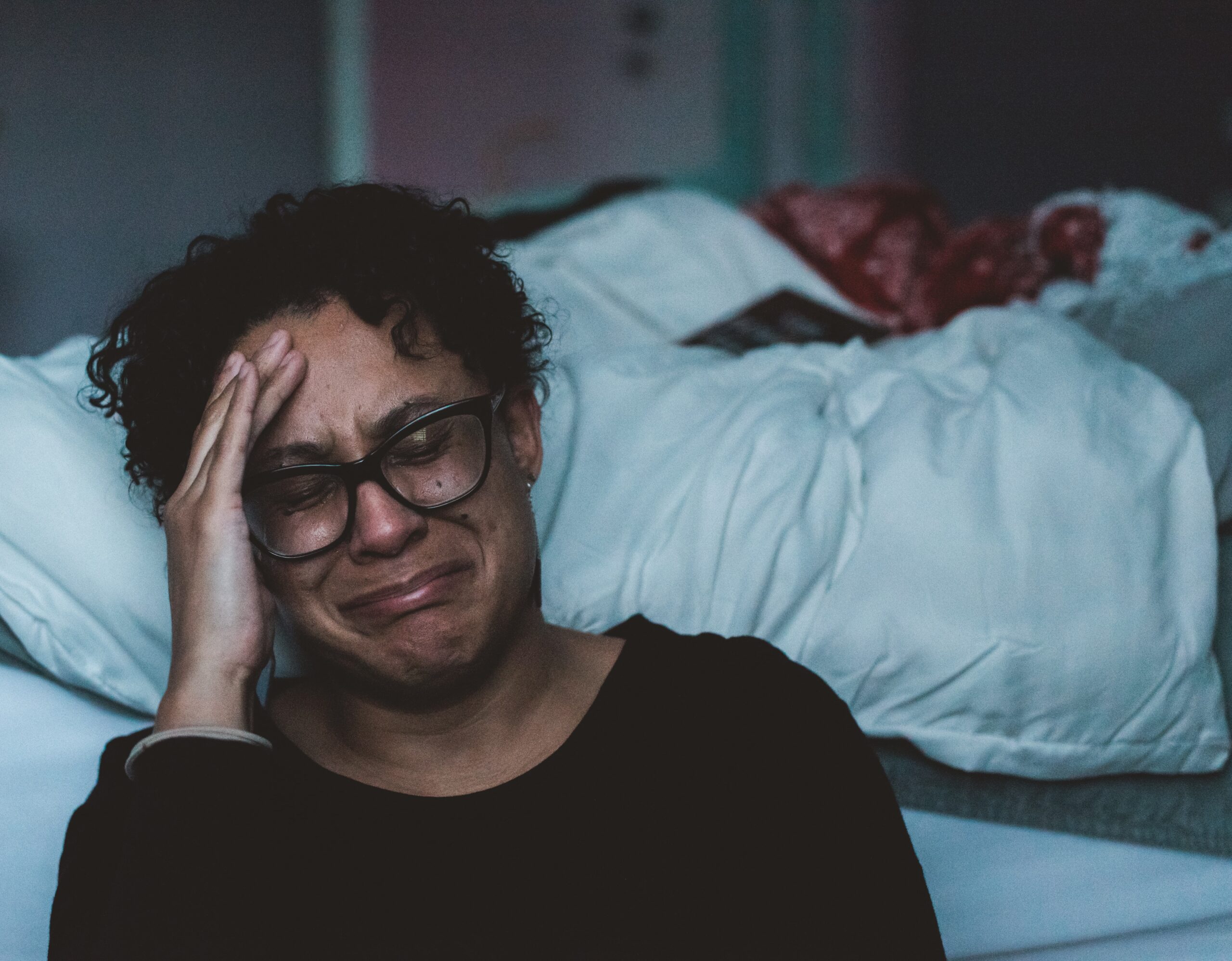Do I need a therapy…Or when should I see a therapist? Everyone experiences periods of stress, sadness, grief and conflict, especially during this pandemic. When we experience these very normal emotions, it can be challenging to determine when it may actually be time to see a therapist, and when it is just a situational moment causing the temporary emotions.
1 in 5 Adults in America Have a Mental Health Disorder
Well, the truth is one in five American adults suffer from mental illness, which is a lot. Additionally, only about 40-60 percent are actually in treatment. This low rate of seeking treatment can be attributed to the stigma and fear or weakness of seeing a therapist.
The quicker people get help by learning tools, the easier it is to find solutions and the more awareness a person will have about their emotional attunement and behaviors.
Everything in Life Feels Challenging
Moreover, we all experience periods of stress in life. This is normal. However, if you find the stress or overwhelm in your life impairs your ability to function or significantly change your ability to function?
Feeling overwhelmed with anger or sadness on a regular basis could indicate underlying depression or trauma. Additionally, catastrophizing occurs when an unforeseen challenge appears and you immediately assume the worst. This intense form of anxiety can be truly debilitating and cause panic attacks. If your life gets more constricted because you’re avoiding a lot, it might be time to go to therapy.
I Keep Thinking About My Trauma
Additionally, pain of trauma or grief can be enough to require some counseling. Grief from a loss can impair daily functioning and even cause you to withdraw from friends. If you find yourself being disengaged with friends or family, unpacking this with a therapist can be helpful.
Now, on the other hand, some people respond to loss with a more avoidant reaction like hyper-engagement or an inability to sleep or even substances. If you find yourself drinking or using drugs in greater quantities or more often to avoid, it you may need therapy.
I Cannot Function at Work
Changes in work performance are common among those struggling with emotional or psychological issues. You might feel disconnected from your job or unable to concentrate. You might get negative feedback from managers or coworkers that the quality of your work is slipping. This could be a sign that it’s time to see a therapist.”Adults spend most of their time at work,” says Reidenberg. “So people who notice are those who have to compensate, just like in families.”
Should I See a Therapist?
Good question! How do you know if it’s time to seek out a therapist? There are so many factors to consider. Point blank, are your relationships strained? Are you having a difficult time communicating your needs or are you avoiding interacting with friends and loved ones?
Therapy can help empower people to make positive changes in their daily lives, as well as gain the tools and skills needed to effectively deal with stressors or unresolved complex trauma.
What Kind of Therapy Do I Need?
It depends on what your symptoms are and what areas of your life you feel you are struggling in. Do you have anger or irritability? Seeking an Anger Management Therapist may help. Do you find that you are sad most of the time? Are you struggling with trust in your relationships with others, or do you struggle with regulating your emotions? Depending on what you are experiencing and the symptomatology this will determine the type of therapy.
Do I need Therapy Quiz
Take this therapy quiz. Here are 10 quick questions to ask yourself to determine if seeking out a therapist might be something to consider. If you answer “Yes” to more than 7, consult a therapist or mental health professional. The quiz below is not a diagnostic tool, but it can help you organize your thoughts and see things more clearly.
- My relationships are suffering.
- I am unable to concentrate at work and home.
- I am unable to relax and rest.
- I feel irritable
- I use substances to cope
- I have uncontrollable emotions
- I have suicidal thoughts
- I feel like something bad is about to happen
- I have panic attacks
- I feel hopeless
Austin Trauma Therapy Center has some wonderful Trauma Trained Associates. Search here for more information about our associates.
How Long Will I Need to Be in Therapy?
Some people start therapy to help deal with an overwhelming period in their lives, and then stop once that obstacle has been dealt with. Others may stop because they didn’t have a great experience. But whatever the reason for stopping may be, it can actually help to continue seeing your therapist, even when you feel good about your mental health situation.
Continuing your relationship with your therapist can be helpful for many reasons, including learning skills and tools to overcome new situations or dive deeper into reasons for why you sought therapy in the first place. You get to decide how long you need to be in therapy.
Remember, prevention is just as important for your mental health as it is your physical health. Think about your regular trip to the therapist as a trip to the gym. It can help you build your mental health muscles. Your mental health deserves the same attention as your physical health, and therapy is just one way to give it the care it needs.







